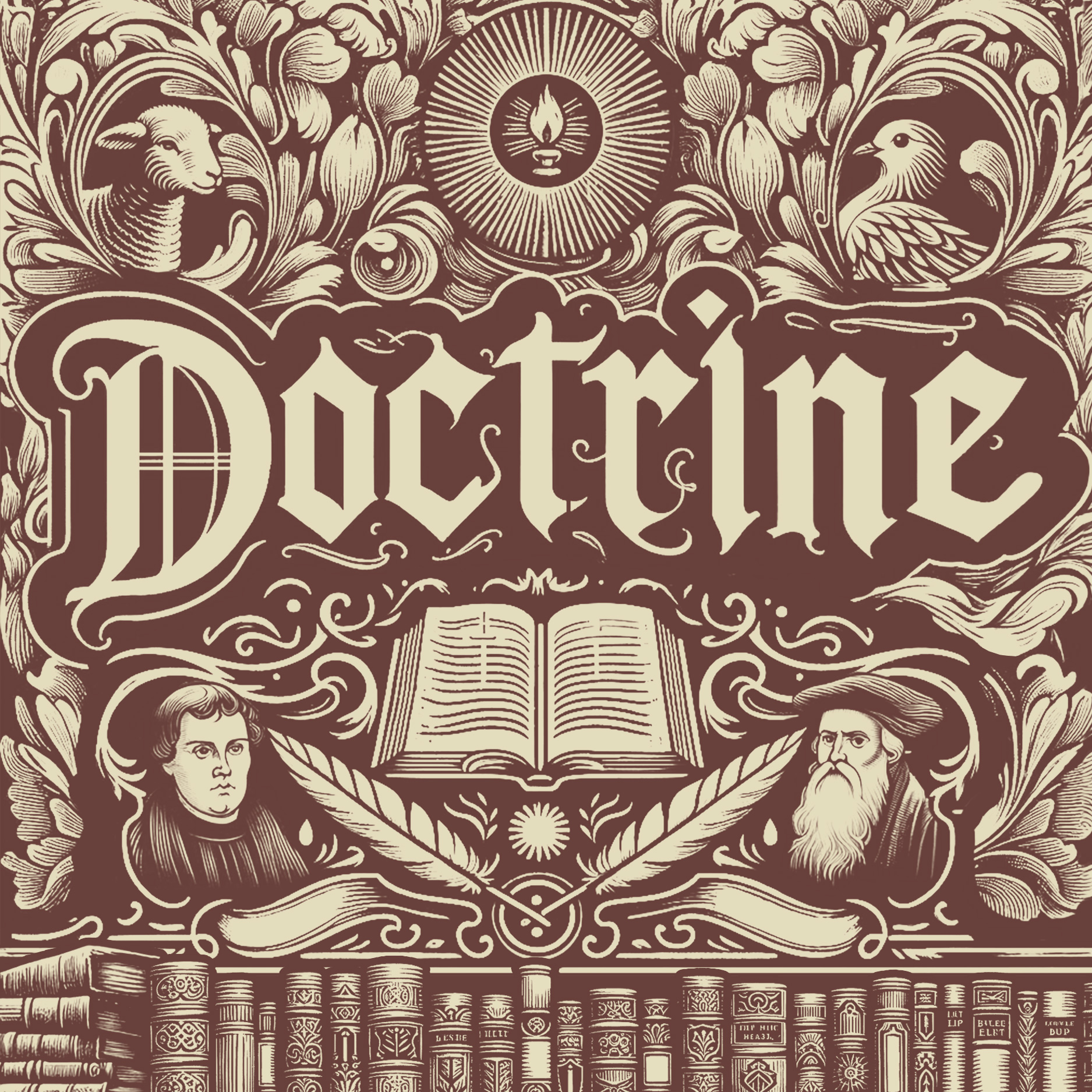
How To View Doctrine
This last week we discussed 1 Timothy 1:3, which says, “As I urged you when I was going to Macedonia, remain at Ephesus so that you may charge certain persons not to teach any different doctrine.” What is interesting about this prescription that Paul gives to Timothy is that there must have been a “standard of doctrine” in order for there to be “different doctrine”. In fact, many of Paul’s letters assume a standard of doctrine among the churches to which he travels (1 Corinthians 4:17, 1 Corinthians 7:17, 2 Thessalonians 2:15, and Galatians 1:8-9). So the question arises, what is one to do when there is a disagreement of doctrine?
Since being here in Ada, I have had the great pleasure of sitting with pastors from various churches in our city. I have met a few Methodist ministers, a few Baptist pastors, the Church of Christ guy, and a handful of non-denom ministers. These pastors and their churches disagree with me on baptism, spiritual gifts, and the roles of men and women in the Church. Are we meant to divide with these brothers? Certainly not! Ada is full of Churches with godly pastors preaching sound doctrine. We do disagree on secondary issues that are non-essential. However, we can lock arms over the doctrine of the Trinity, justification by grace through faith alone, and the resurrection of the dead. Simultaneously, there is a growing trend of “churches” adopting false doctrine and leading the body of Christ astray, and Ada is not immune to this growing trend. So, what constitutes false doctrine?
Before we answer that question, let’s do a quick landscape of how Christians are answering this problem. Some minimize differences only to find themselves unified with bonafide heretics, while others seem to demonize anyone with whom they disagree, likely slandering and dividing from a genuine believer. Both extremes place the church in danger, the former allows a wolf in sheep’s clothing into the house of God and places genuine sheep under the predatory gaze of false teachers with a false gospel. The latter divides and breaks apart the body of Christ, and Paul tells us that anyone who destroys the body of Christ, God himself will destroy that man (1 Corinthians 3:16-17). Suffice it to say, this is a high-stakes issue with victims on both sides.
Essential doctrines are those foundational to the Christian faith, as the Apostle Paul emphasizes in Ephesians 4:4-6, underscoring one body, one Spirit, one hope, one Lord, one faith, one baptism, and one God, which are central to Christian unity. To deny that Jesus came in the flesh is to carry a false spirit and a false Gospel (1 John 4:3). To require circumcision and observance of dietary laws for righteousness is a false Gospel (Galatians 1:8-9). Non-essential doctrines, while important, are not core to salvation and reflect the diversity in the body, as seen in Romans 14:1-4 and 1 Corinthians 8, where Paul addresses differing beliefs and practices among believers (such as dietary laws and special days) and instructs Christians not to judge each other over non-essential matters.
Most churches agree that Christian doctrine can be organized into four “buckets” based on theological importance. The first bucket contains essential, unifying tenets of the faith as outlined in the Nicene Creed, including the divinity of Jesus, the resurrection, and the Trinity. The second bucket covers secondary issues like spiritual gifts, gender roles, and baptism practices—non-essential but ecclesiologically significant beliefs that often determine church affiliation. The third bucket includes varying theological perspectives, such as different understandings of salvation and end times, which can coexist within a single church community. Lastly, the fourth bucket holds personal preferences unrelated to biblical doctrine, such as music style or church decor, which should not divide believers. These categorizations help maintain unity within the Christian faith while acknowledging diverse practices and interpretations. As Saint Augustine said, “In essentials, unity; in non-essentials, liberty; in all things, charity.”
Visit our home page:
https://kingsfellowshipchurch.com/
See more about our city:
